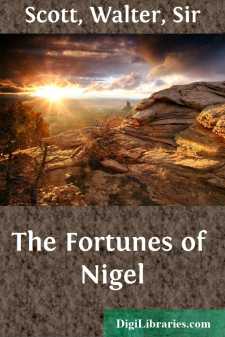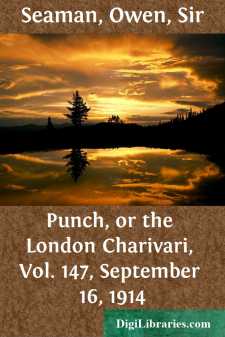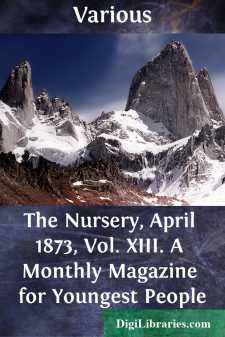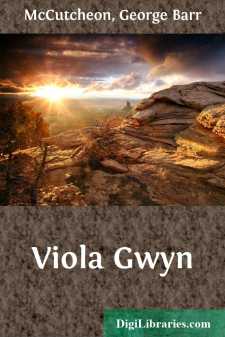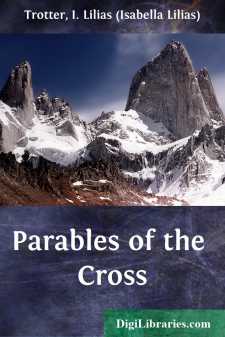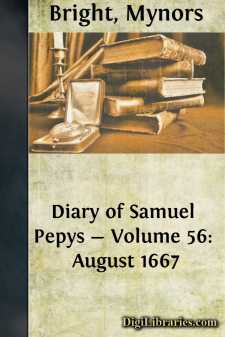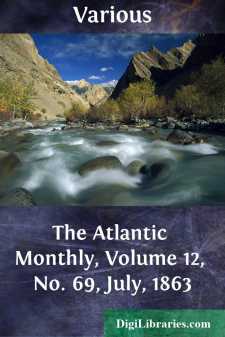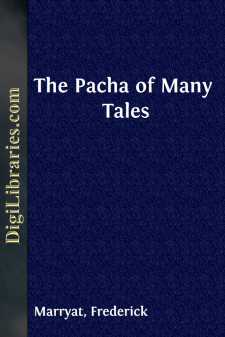Categories
- Antiques & Collectibles 13
- Architecture 36
- Art 48
- Bibles 22
- Biography & Autobiography 813
- Body, Mind & Spirit 142
- Business & Economics 28
- Children's Books 17
- Children's Fiction 14
- Computers 4
- Cooking 94
- Crafts & Hobbies 4
- Drama 346
- Education 46
- Family & Relationships 57
- Fiction 11829
- Games 19
- Gardening 17
- Health & Fitness 34
- History 1377
- House & Home 1
- Humor 147
- Juvenile Fiction 1873
- Juvenile Nonfiction 202
- Language Arts & Disciplines 88
- Law 16
- Literary Collections 686
- Literary Criticism 179
- Mathematics 13
- Medical 41
- Music 40
- Nature 179
- Non-Classifiable 1768
- Performing Arts 7
- Periodicals 1453
- Philosophy 64
- Photography 2
- Poetry 896
- Political Science 203
- Psychology 42
- Reference 154
- Religion 513
- Science 126
- Self-Help 84
- Social Science 81
- Sports & Recreation 34
- Study Aids 3
- Technology & Engineering 59
- Transportation 23
- Travel 463
- True Crime 29
Sort by:
by:
Walter Scott
INTRODUCTION But why should lordlings all our praise engross? Rise, honest man, and sing the Man of Ross. Pope Having, in the tale of the Heart of Mid-Lothian, succeeded in some degree in awakening an interest in behalf of one devoid of those accomplishments which belong to a heroine almost by right, I was next tempted to choose a hero upon the same unpromising plan; and as worth of character,...
more...
by:
Owen Seaman
September 16, 1914. "Our future lies upon the water," once boasted the Kaiser. "And our present lies in it," as the German soldier remarked when the Belgians opened the dykes near Antwerp. The mass of the German people would seem to be extraordinarily ill-informed in regard to the War and to stand sadly in need of enlightenment in some respects. For example, their ebullitions of rage...
more...
by:
Various
"TRY, TRY AGAIN." T is a true story that I am going to tell you now. It is about a little boy whose name was William Ross. Having had a present of a pencil, he thought he would make use of it by trying to draw.His first attempts were poor enough. One day, when he had been playing ball with a young friend, he stopped, and, taking out his pencil, began to draw a picture on the wall. "What do...
more...
THE BEGINNING Kenneth Gwynne was five years old when his father ran away withRachel Carter, a widow. This was in the spring of 1812, and inthe fall his mother died. His grandparents brought him up to hateRachel Carter, an evil woman. She was his mother's friend and she had slain her with the viper's tooth. From the day that his questioning intelligence seized upon the truth that had been so...
more...
There was deep insight in those old words. For man's natural thought of death is that of a dreary ending in decay and dissolution. And from his standpoint he is right: death as the punishment of sin is an ending. But far other is God's thought in the redemption of the world. He takes the very thing that came in with the curse, and makes it the path of glory. Death becomes a beginning instead...
more...
by:
Mynors Bright
DIARY OF SAMUEL PEPYS. AUGUST 1667 August 1st. Up, and all the morning at the office. At noon my wife and I dined at Sir W. Pen's, only with Mrs. Turner and her husband, on a damned venison pasty, that stunk like a...
more...
by:
Various
CHAPEL ON THE BRIDGE, WAKEFIELD Chapels on bridges are not so unfrequent in architectural history as the rarity of their remains would indicate. Among the early records of bridge-building we read that "the Romans built many bridges in the provinces; viz. in France, Spain, Germany, Britain, &c. some of which had arches or towers on them." Plutarch derives the word Pontifex, (high priest,)...
more...
by:
Various
DOINGS OF THE SUNBEAM. Few of those who seek a photographer's establishment to have their portraits taken know at all into what a vast branch of commerce this business of sun-picturing has grown. We took occasion lately to visit one of the principal establishments in the country, that of Messrs. E. & H.T. Anthony, in Broadway, New York. We had made the acquaintance of these gentlemen through...
more...
by:
Stanley Gimble
Phil Conover pulled the zipper of his flight suit up the front of his long, thin body and came into the living room. His face, usually serious and quietly handsome, had an alive, excited look. And the faint lines around his dark, deep-set eyes were accentuated when he smiled at his wife. "All set, honey. How do I look in my monkey suit?" His wife was sitting stiffly on the flowered couch that...
more...
Chapter I Every one acquainted with the manners and customs of the East must be aware, that there is no situation of eminence more unstable, or more dangerous to its possessor, than that of a pacha. Nothing, perhaps, affords us more convincing proof of the risk which men will incur, to obtain a temporary authority over their fellow-creatures, than the avidity with which this office is accepted from the...
more...


